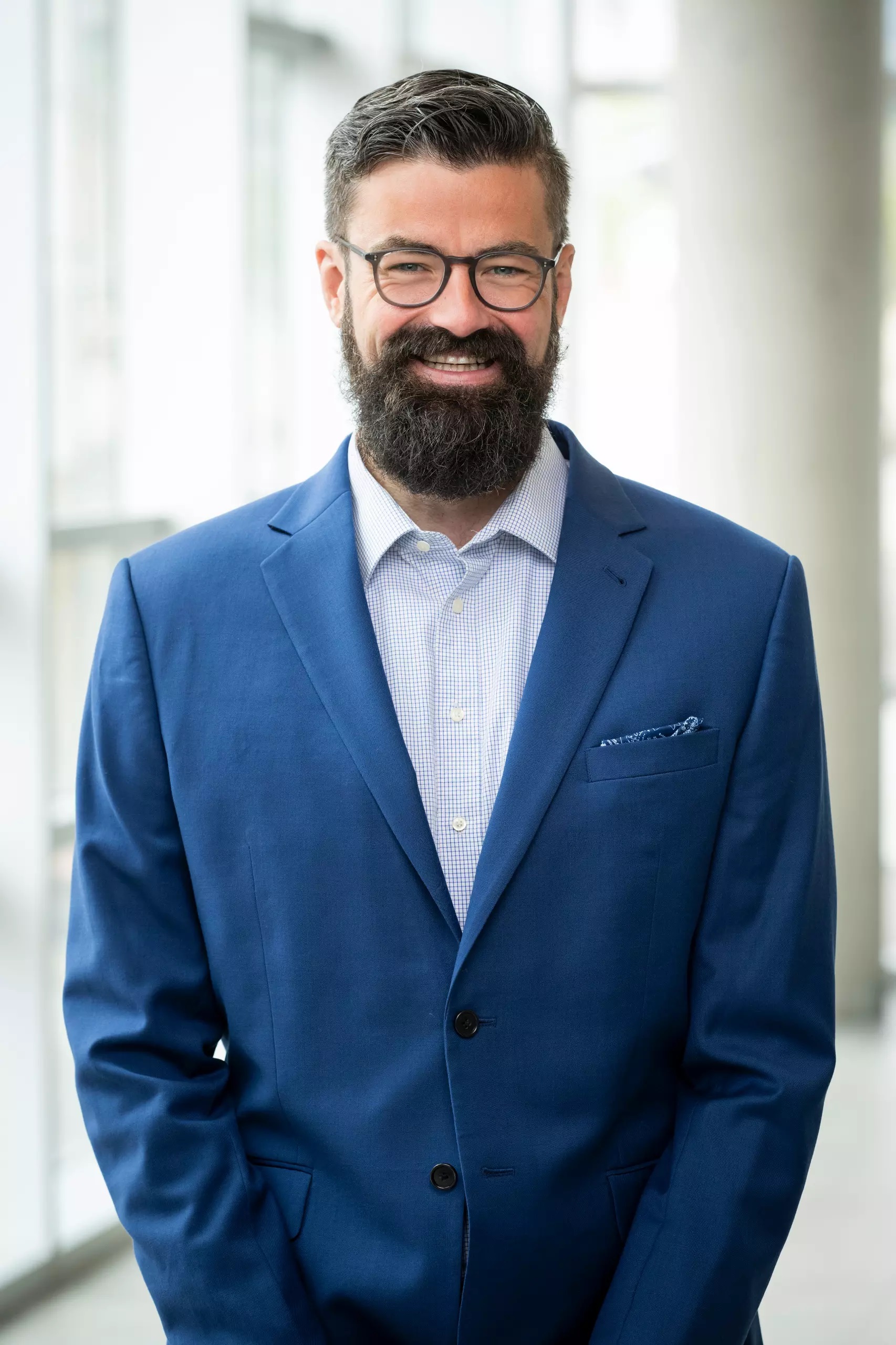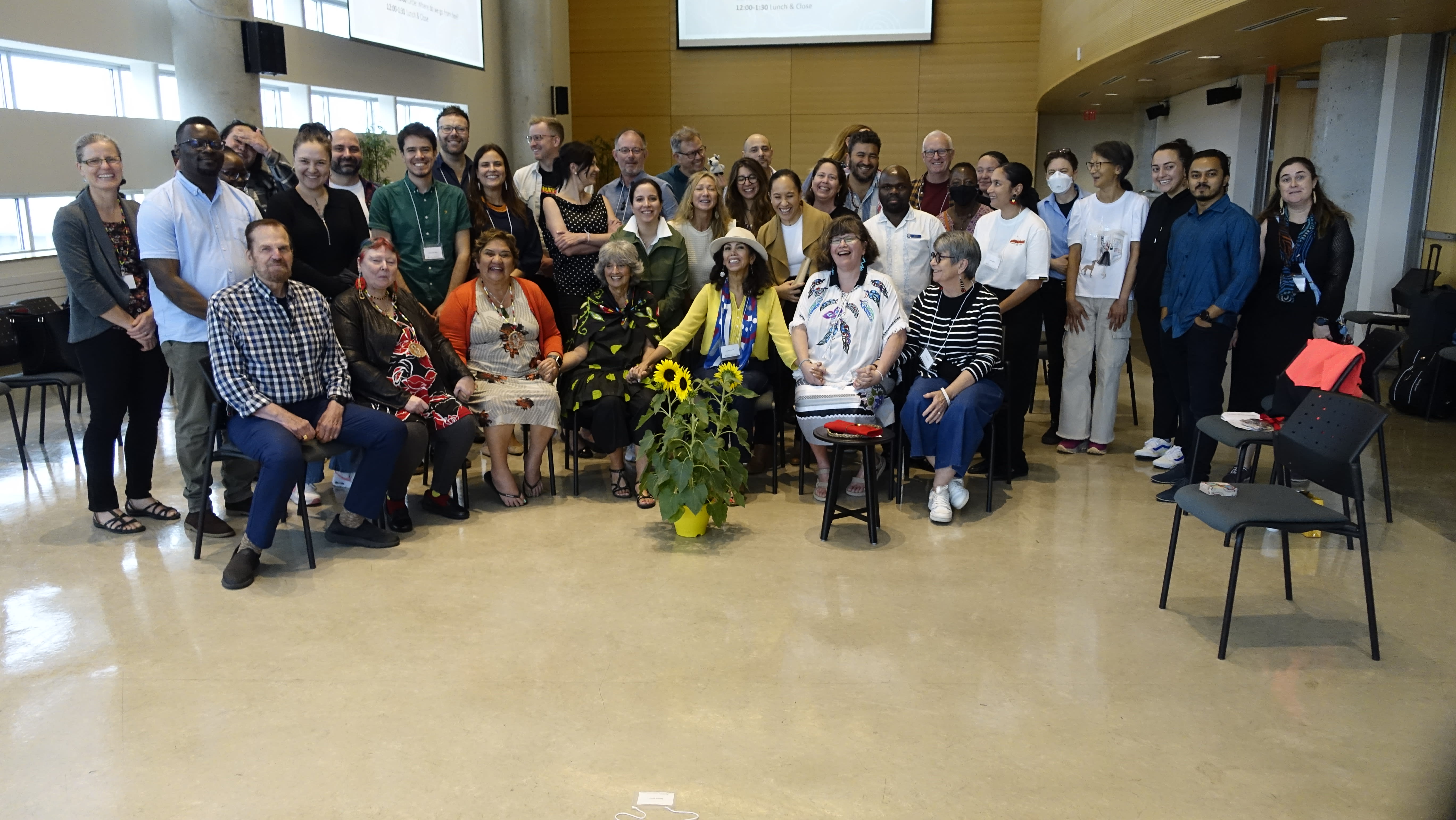Workflows are the series of activities needed to complete a task, such as evidence-based diagnosis and treatment of patients. However, there’s often a disconnect between “idealized,” normative workflows and “real-world” processes practised.
Telfer professor William Van Woensel has received a Natural Sciences and Engineering Research Council of Canada (NSERC) Discovery grant for a project titled “Using Hybrid Data-and Knowledge-driven Methods to Extract, Analyze, and Explain Real World Processes.”
Looking at health care, Van Woensel notes that clinical guidelines may define step-by-step processes for diagnosis and treatment based on the latest evidence. However, real-world care processes often deviate from the guidelines for several reasons, such as the need to cope with atypical cases or minority populations.
Research Benefits

Van Woensel’s long-term goal is to improve normative workflows based on real-world experiences and practices, coping with atypical cases or person/object characteristics, and using pro-active and re-active approaches.
The research will aim to develop ways to take real-world process models, compare them with normative process models, outline concrete deviations and offer potential explanations, changing how health and business organizations cope with deviations between normative workflows and processes when coping with unforeseen situations.
Van Woensel will also seek to shed light on how characteristics such as sex, gender and ethnicity affect real-world decision making. While his focus is health care, research benefits will be applicable elsewhere.











